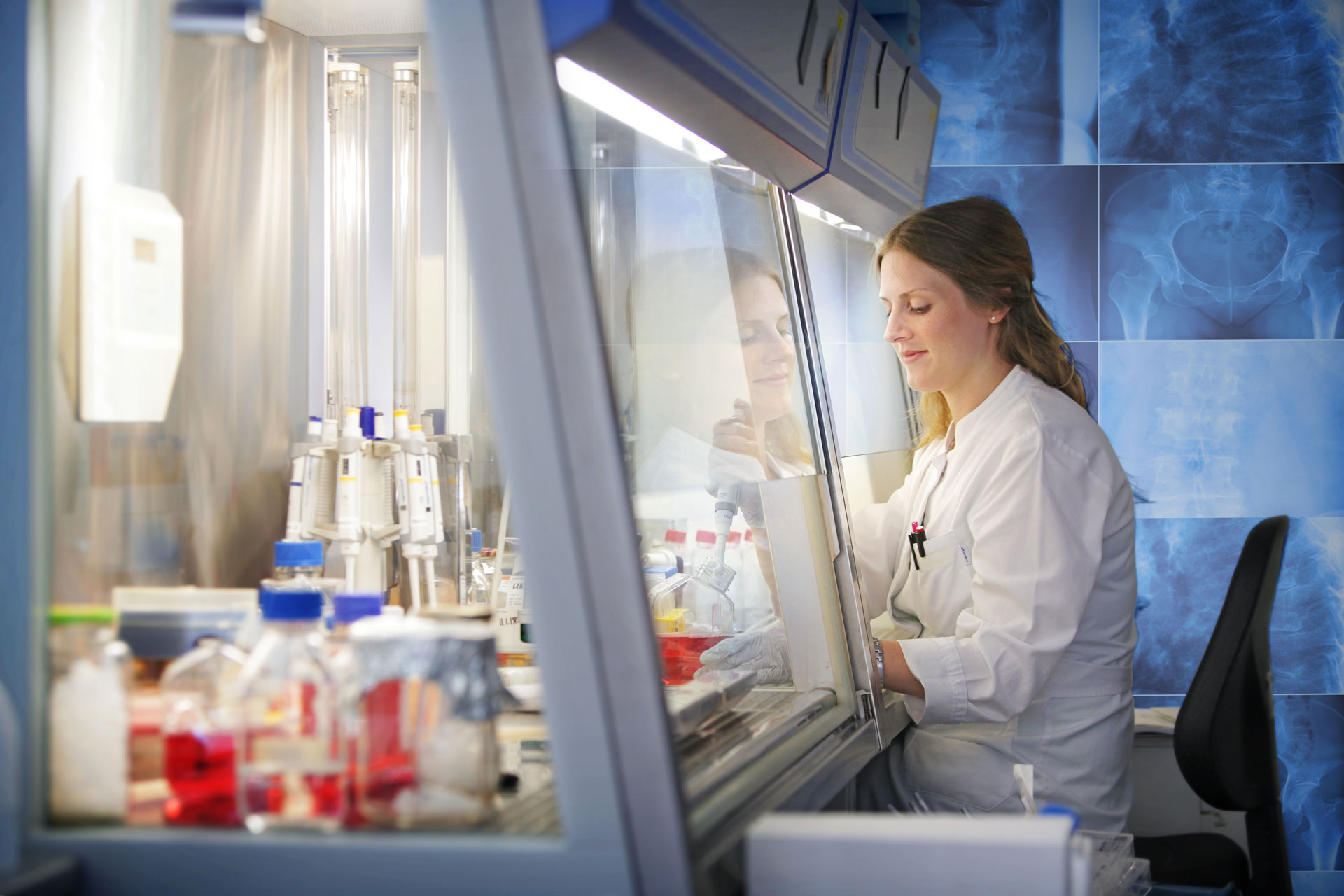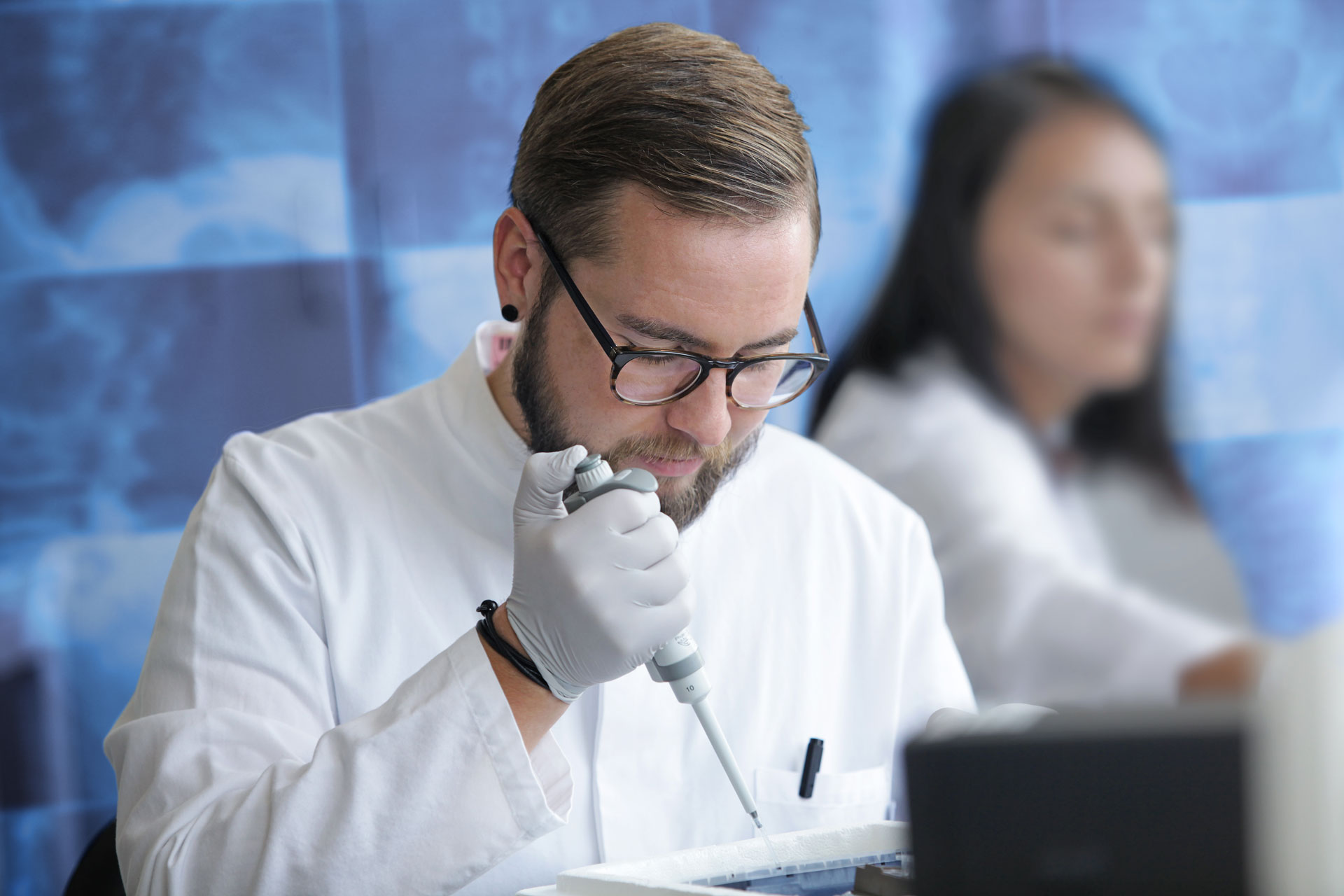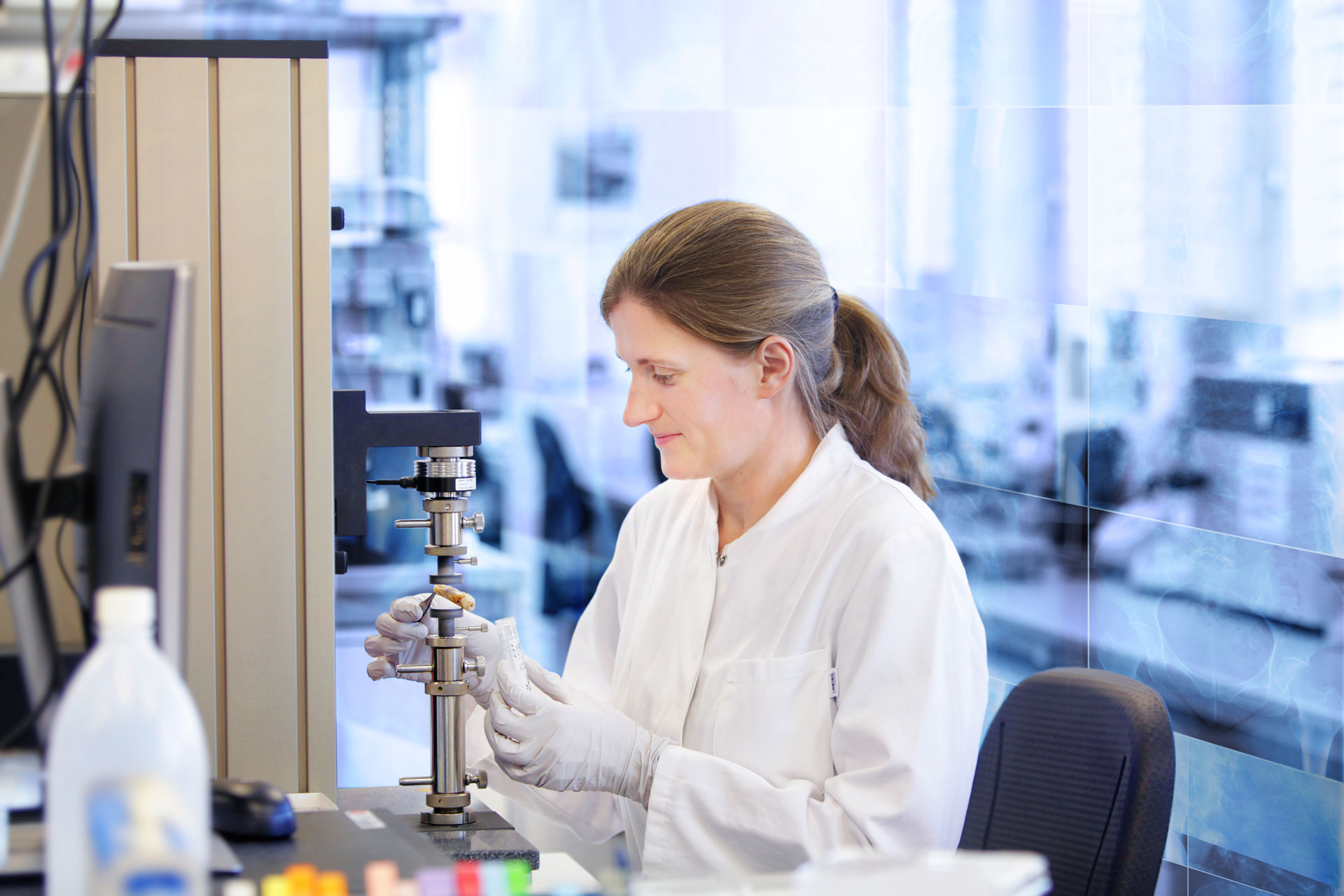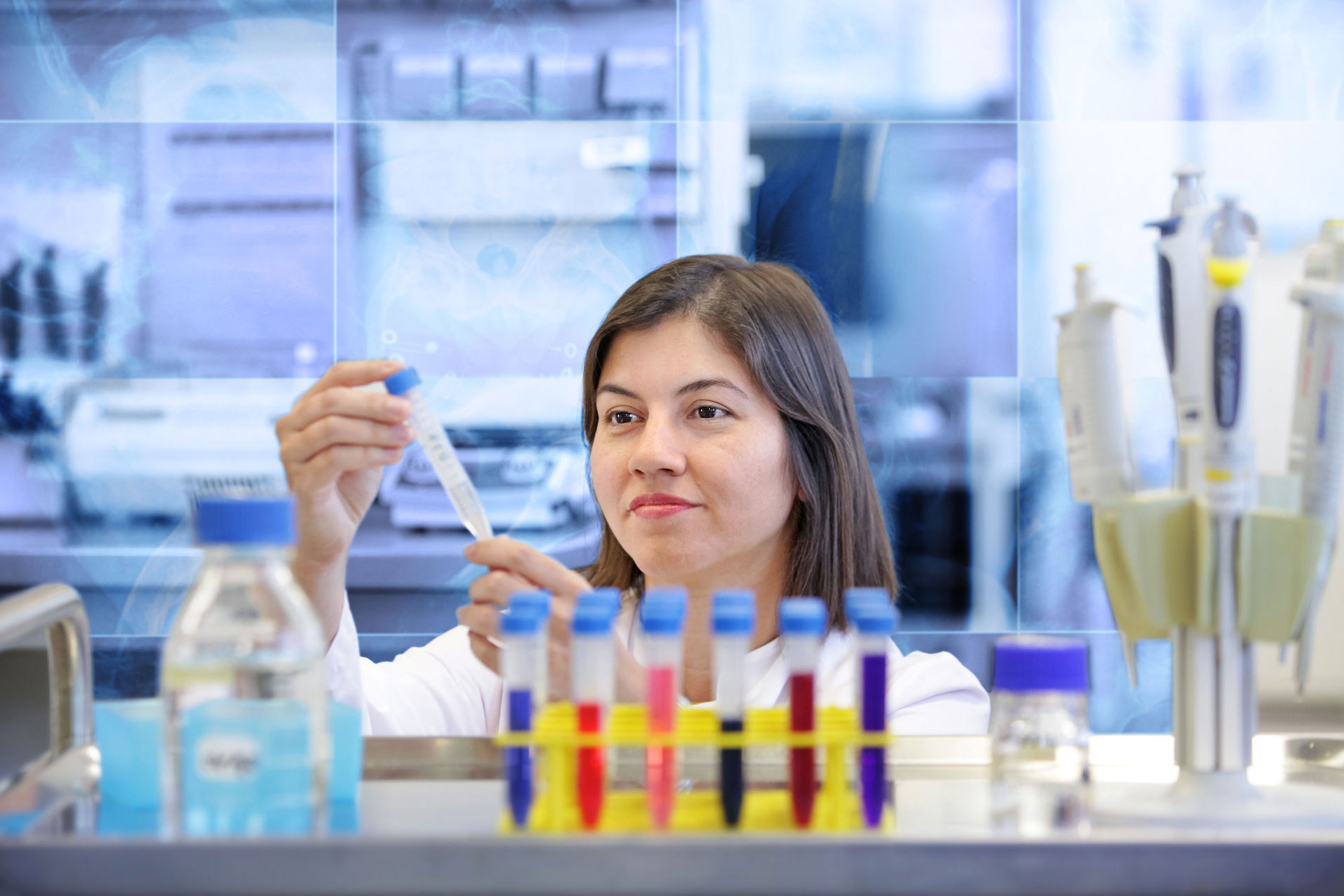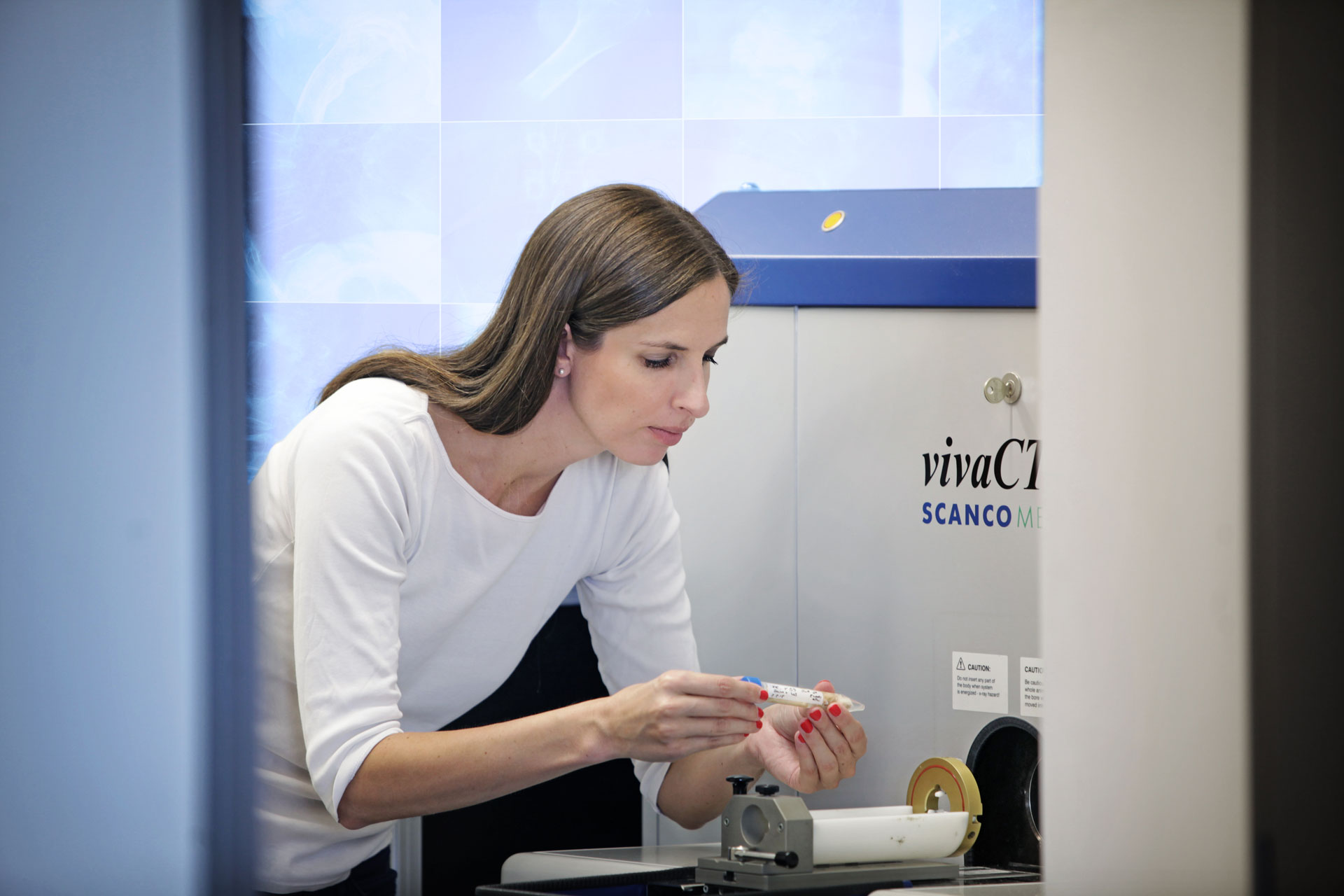Baylor College Scientist Presents Update on Osteogenesis Imperfecta
Markus-KP2018-11-20T09:44:10+01:00Baylor College Scientist Presents Update on Osteogenesis Imperfecta Dresden, 16.11.2018 Dr. med. Ingo Grafe, a German clinician scientist currently working with the group of Brendan Lee at the Department of Molecular and Human Genetics at Baylor College of Medicine in Houston, Texas, will give a talk on osteogenesis imperfecta on 3rd December at 3 pm in the lecture hall at house 19 (DINZ) in a joint symposium of the Center for Healthy Aging (UCGA) and the Center for Rare Diseases (UCSE) at UKD. He will give new insights into the therapy of the [...]

